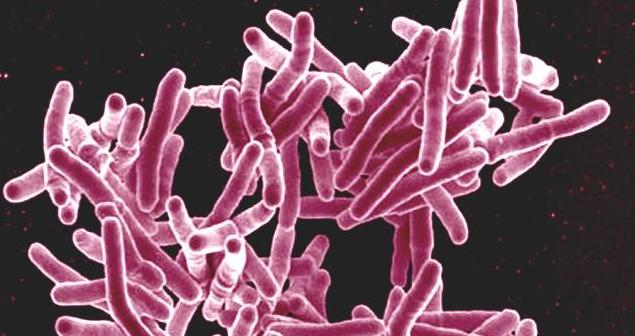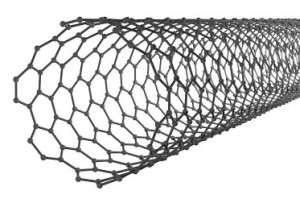
Mycobacterium tuberculosis. By NIAID. Flickr (CC BY 2.0)
Last week I met a physicist who wants to create life. For this person, faith and science are intimately related – in fact his belief in God is one of the drivers behind his desire to make synthetic cells. Cees Dekker is Professor of Molecular Biophysics at the Delft University of Technology in the Netherlands. He has always worked on the physics of the very small, starting with magnetic systems with electron spins, before moving on to the assembly of nanostructures and some pioneering work on carbon nanotubes, and now the properties of natural molecules such as DNA.

© Cees Dekker
Throughout his scientific career, Cees has been inspired by his sense of wonder, his questions about how things work, and the power of science to answer them – though only partially. He identifies with Isaac Newton, who wrote, “I do not know what I may appear to the world, but to myself, I seem to have been only like a boy playing on the seashore, and diverting myself in now and then finding a smoother pebble or a prettier shell than ordinary, whilst the great ocean of truth lay all undiscovered before me.”
Cees finds that his Christian faith answers the deeper questions that science cannot answer, not least the meaning of life, suffering, values, beauty, and the nature of humanity. As another Dutch physicist Hendrik Casimir has said, “Theories in physics are an approximate description of a limited part of the physical phenomena that are itself only a limited part of human experience.”
As a Christian, Cees believes that his duty is to “love God and your neighbour with all of your heart, all of your soul, and all of your mind” (Luke 10). It’s not surprising to him that Christian theology was a driving force behind the development of science, contributing ideas about order, rationality, natural law and experimentation. He also believes that “science is part of our cultural assignment”, because God commanded us to rule the world as responsible stewards.

Carbon nanotube by Begemotv2718, CC BY-SA 3.0
So why is this physicist interested in synthetic biology? Cees found the field of nanotechnology moving away from the areas he was interested in, so he turned to biology as a source of new questions for fundamental research. He is fascinated by the molecular motors that are so important in the life of a cell, in the properties of DNA molecules, and the physics of bacteria. He also wants to look at things on a broader scale and ask, what are the differences between living and non-living material? How can molecules be organised in a way that allows them to grow and replicate themselves?
One of the most important questions for the next few decades is, can we build a self-replicating cell from more basic components? This approach to the question of “what is life?” is more engineering than biology: understanding the process by trying to copy it. At the moment Cees is working on liposomes (which are tiny bags made of fatty molecules), in combination with other molecules that could contract to divide the liposome in two. These are just the first small steps in understanding living things, but they are a good start.
Of course the tools of synthetic biology must be used responsibly, but as a Christian Cees feels it is his job to understand and explore the awesome potentialities of God’s creation. This knowledge may also shed light on the origin of life, and it will of course have some useful practical applications. This is a fairly technical way to bring glory to God and to love your neighbour, but it is no less important than more traditional methods.
This post is a partial summary of Professor Dekker’s recent Faraday Seminar, “My Meandering Path Within the Lands of Science and Faith”.




